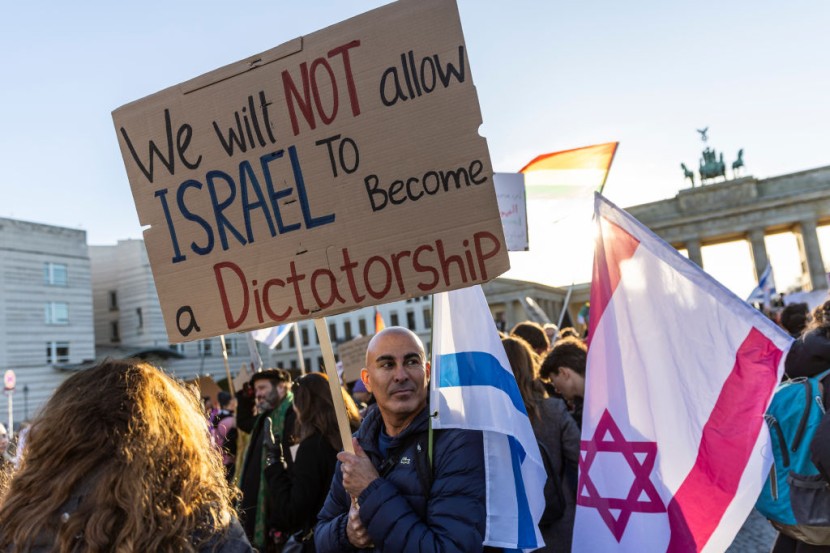
Israelis conducted a new wave of protests after Prime Minister Benjamin Netanyahu rejected an offer of compromise over his administration's planned judicial reform.
The demonstrations resulted in clashes between mounted police and protesters who again blocked a major highway located in Tel Aviv. President Isaac Herog on Wednesday released a set of compromise proposals while warning of the potential bloodshed and "civil war."
Netanyahu Pushes With Judicial Reform
However, Netanyahu immediately rejected the president's plan and maintained his stance on the judicial reform bill. The protests in the country have only grown since the prime minister returned to power late last year. He leads the most right-wing, nationalist coalition in the country's history. He also promised to curb the powers of the nation's judiciary with his administration's latest reform plans.
The changes to the system would allow Netanyahu's government full control over the committee responsible for appointing judges. They would also be able to strip the Supreme Court of crucial powers to strike down legislation, as per BBC.
Despite the massive protests, Netanyahu argued that the reforms were designed to prevent the courts from overreaching their powers. He added that the public also voted for them at the last election.
On the other hand, many legal scholars said that the reforms would effectively destroy the independence of the judiciary. These remarks come as opposition figures describe them as an attempted "regime coup" by Netanyahu and his coalition.
Thousands of residents attended the protests on Thursday, which organizers said showed the people's "escalating resistance to dictatorship." Artists were also seen painting a red line along a street in Jerusalem before dawn. It led the Supreme Court, and they say that it signified the connection between "an independent judicial system and freedom of expression."
In a statement, choreographer Renana Raz said that they were attending the protests to protect the people's democracy and the country and because they feel that the nation is under brutal attack by Netanyahu's government, according to Reuters.
Read Also : White House Blasts North Korea's ICBM Launch
Resisting Dictatorship
On Wednesday, the prime minister said that the compromise the president outlined would not restore balance to the branches of government. Netanyahu's nationalist-religious coalition argues that the Supreme Court frequently intervenes in political matters that it has no mandate to rule on.
Several economists, legal experts, and former security chiefs have argued that Netanyahu's planned judicial reforms will cause chaos in the country's economy and isolate the nation internationally.
A former prime minister of Israel, Ehud Olmert, who served from 2006 to 2008, attended the protesters on the streets. He said that this moment is different from previous political crises that the nation has gone through.
Olmert said that if you love Israel, you have to make it clear to Netanyahu's government that it is the country's enemy. He also said that he understands the stakes of the country's current crisis better than many others. He faced a court trial for corruption allegations and was also convicted of graft, said Vox News.
© 2025 HNGN, All rights reserved. Do not reproduce without permission.








